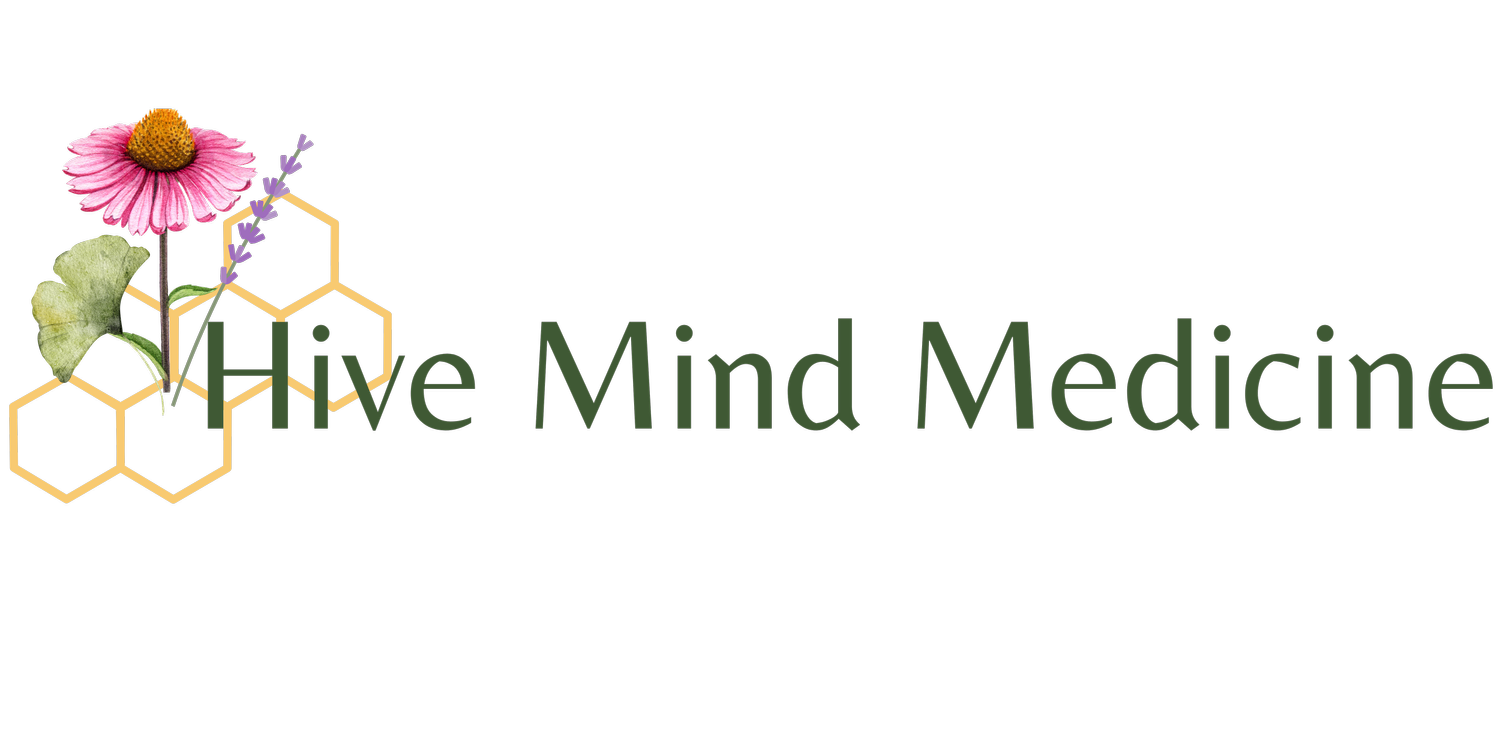So, You Gained Some Weight During a Global Pandemic? Part 2
Now that you have some awareness of modern Diet Culture, and where it is opposing our biological drives, what do you do with all that energy that you were about to pour into a weight loss strategy that would inevitably become the next fad diet?
Personally, I plan to use that energy to improve the nutritional value of the foods my family and I already eat. As far as food changes go, increasing the nutritional value of the foods we already eat is the easiest goal to attain. These are inherently small changes. When these changes become too big, they become unsustainable, and work against the sustainability needed for long term health.
To improve the nutritional value of the food we already consume, we must first assess what we are actually eating, what foods we like or love, and how they make us feel. There is a restaurant in town where my family and I always feel energized and sated when we eat their food. This restaurant sources their produce and meat from the local farmers market. They make their own tortillas in house. Everything they serve is suffused with love of community and love of food. During the pandemic however, my family shifted our frequency from this restaurant to the local drive thru taco house. Part of assessing where we are at in regard to food choices includes looking at which of our needs are being fulfilled with each option, the drive thru taco house versus the farmers market sourcing restaurant versus cooking at home. There are reasons for each choice, or we would not choose them.
Our next step in the process of improving our nutrition is to create sustainable meal plans that include more nutritious food choices. But what are nutritious food choices you might ask as your brain cringes at the images it conjures up of bland lima beans and boiled chicken.
Nutritious food means, make sure to include all of the macronutrients, (Fat, Protein and Carbohydrate) in your diet, and remember, this part is super important, one person’s body could need a different ratio of those macronutrients than another person’s body. Learn your own body’s need for macronutrients by paying attention to the signals your body is giving you after you eat food? Are you energized? Tired? Anxious? Satiated?
Nutritious food means real food, as in you and your grandparents can pronounce the name of every ingredient and recognize those ingredients as food. Nutritious food means the ingredients are primarily sourced from vegetables. Nutritious food means eating lots of plants! Variety in plants and quantity in plants are both important. Eat plants. Let me state that again for the people in the back. Eat plants!
Nutritious food does not mean giving up that food item that you have loved since childhood and have strong emotional ties to. It means evaluating what you really love about that food item and finding a way to have it in your life in a manner that promotes long term health. Food is emotional support. Nutritious food includes food that nourishes your emotional body. Acknowledging this can help you sustain your healthier food plan by choosing health driven food and meal choices 90% of the time, while appreciating what your body is craving 10% of the time. This remains a healthy plan as long as the food your body is craving does not land in the category of a true food allergy.
Often, health driven food and cravings or comfort food are one in the same. Comfort can be found in many healthier choice foods. Through the magic of the internet, and the “print” button, or leaning your smartphone against a kitchen cabinet (just not over the sink!), you can learn how to make healthy versions of Popeye’s Chicken or Dairy-free, Gluten-free Mac and Cheese with cauliflower in place of the macaroni.
Planning our meals ahead is a major contributor to a healthy diet. Weekly meal plans and meal prepping can save us money and encourage healthy, delicious food choices. For my family, the need being satisfied with the drive-thru taco house is frequently the need for hot food fast because we often do not have adequate time for cooking. One tool that has helped us make a sustainable shift in our nutrition intake has been to make an extra portion of meals we cook at home, and save those “leftovers” for a later meal. Making that shift once a week is a reasonable and sustainable for a busy, growing family. And of course, we will still go to the drive-thru taco house on occasion, likely to reminisce about when we ate their food more often earlier in the pandemic.
Roz Donovan, ND, is a graduate of National University of Natural Medicine, with a doctorate in Naturopathic Medicine. Throughout her doctoral studies, Dr. Donovan received hands-on training from herbalists and a botanist, while also interning in mental health, environmental medicine, pediatrics and general medicine. Her advanced training mentorships focused on traumatic brain injury and gastrointestinal health.
Hive Mind Medicine blog posts are for educational purposes only and are not intended as medical advice. Please consult with your health care practitioner for personalized guidance. Click on the contact button below if you would like to schedule with one of our Hive Mind practitioners.

